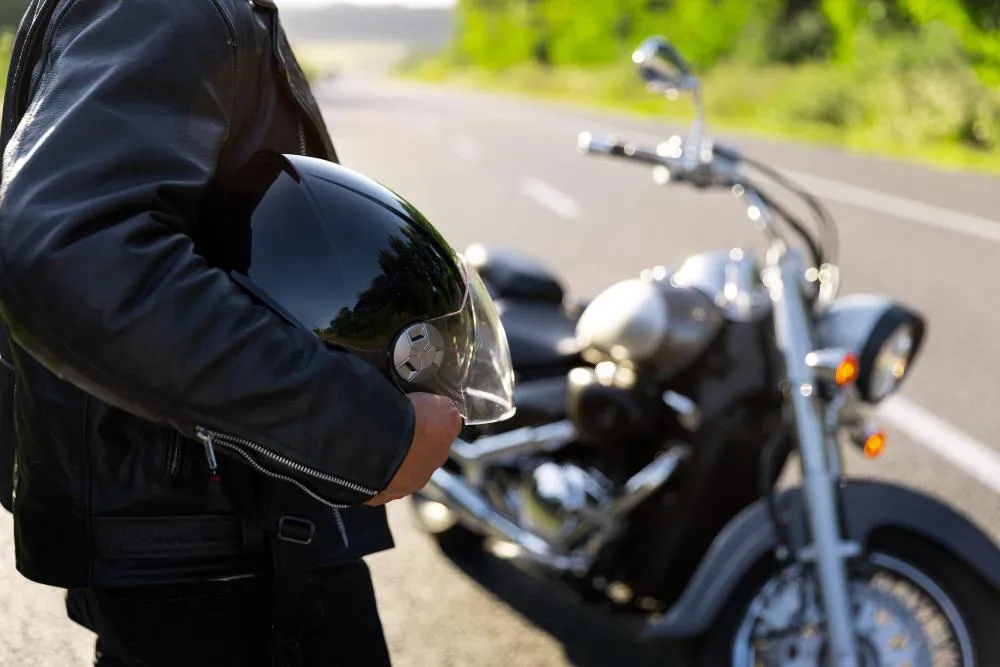
Motorcycle Insurance Myths Debunked: What Florida Riders Really Need
Florida is one of the most popular states for motorcycle riders, thanks to its year-round sunshine, scenic coastlines, and bike-friendly culture. But when it comes to insurance, myths and misunderstandings can leave riders dangerously underprotected.
From the idea that insurance isn’t required in Florida to the assumption that your car policy will cover your bike, there’s no shortage of confusion. This article clears up the most common myths and gives riders the knowledge they need to make informed choices.
Common Motorcycle Insurance Myths in Florida
Before choosing coverage, it’s important to understand what’s true and what’s misleading. Here are the most common myths Florida riders encounter.
Myth 1: Motorcycle Insurance Isn’t Required in Florida
While it’s true that Florida does not require motorcyclists to carry personal injury protection (PIP), this does not mean you’re free from responsibility. If you cause an accident, you are financially liable for injuries and damages. Without insurance, that cost comes directly from your pocket.
Myth 2: Health Insurance Will Cover My Motorcycle Injuries
Many health insurance plans exclude motorcycle-related injuries or cover them only in part. Without the right motorcycle coverage, you may be left with overwhelming medical bills. MedPay or bodily injury coverage can help bridge this gap.
Myth 3: My Auto Insurance Covers My Motorcycle
Auto insurance policies are completely separate from motorcycle insurance. Even if you’re fully insured for your car, those protections do not extend to your bike.
Myth 4: Minimum Coverage Is Enough
Florida’s minimum liability coverage is very low compared to the potential costs of a serious accident. If you only carry the minimum, one crash could exceed your limits and leave you responsible for the rest.
Myth 5: Only Expensive Motorcycles Need Full Coverage
Even an older bike can cause significant damage or injury in an accident. Liability insurance is not about the value of your motorcycle—it’s about protecting your financial future.
How to Choose the Right Motorcycle Insurance in Florida
Once the myths are cleared up, riders can focus on how to build the right policy. Consider the following steps to guide your decision.
Step 1: Start with Liability Coverage
Liability coverage protects you if you injure someone or damage their property. Higher limits than the state minimum are strongly recommended, as they provide more meaningful financial protection.
Step 2: Add Medical Payments or Personal Injury Coverage
Because PIP does not apply to motorcycles, additional medical coverage is crucial. This ensures that hospital bills don’t become overwhelming, regardless of who caused the accident.
Step 3: Consider Comprehensive and Collision Coverage
These two coverages protect your bike itself. Comprehensive covers theft, vandalism, and storm damage, while collision covers repair costs after an accident. Together, they ensure your motorcycle is protected beyond liability alone.
Step 4: Include Uninsured or Underinsured Motorist Coverage
Florida has a high number of uninsured drivers. This coverage protects you if you’re involved in an accident with someone who lacks adequate insurance.
Step 5: Match Coverage to Your Riding Habits
Your policy should reflect how often and where you ride. For example, a daily commuter may need stronger coverage compared to someone who rides only occasionally on weekends.
Frequently Asked Questions About Motorcycle Insurance in Florida
Here are some of the most common questions Florida riders ask about motorcycle coverage.
Is motorcycle insurance mandatory in Florida?
Technically, no. However, riders must still prove financial responsibility. Insurance is the most practical and protective way to do this.Do I need insurance to register a motorcycle in Florida?
Motorcycles can be registered without insurance, but doing so leaves you financially exposed if you’re involved in an accident.How much does motorcycle insurance cost in Florida?
On average, annual costs range from $500 to $1,000. Premiums vary based on age, riding history, type of motorcycle, and chosen coverage levels.Does motorcycle insurance cover passengers?
Not automatically. You need guest passenger liability coverage to ensure your passenger’s medical costs are covered.Can I suspend motorcycle insurance in the off-season?
Some insurers allow seasonal suspensions, but because Florida has year-round riding weather, most policies remain active.
Conclusion
Motorcycle insurance in Florida is surrounded by myths that can leave riders underinsured and vulnerable. While the law does not require the same PIP coverage as cars, riders still need strong protection to cover medical bills, liability, and property damage.
By separating fact from fiction and tailoring coverage to your lifestyle, you can ride with confidence knowing that both you and your motorcycle are protected.